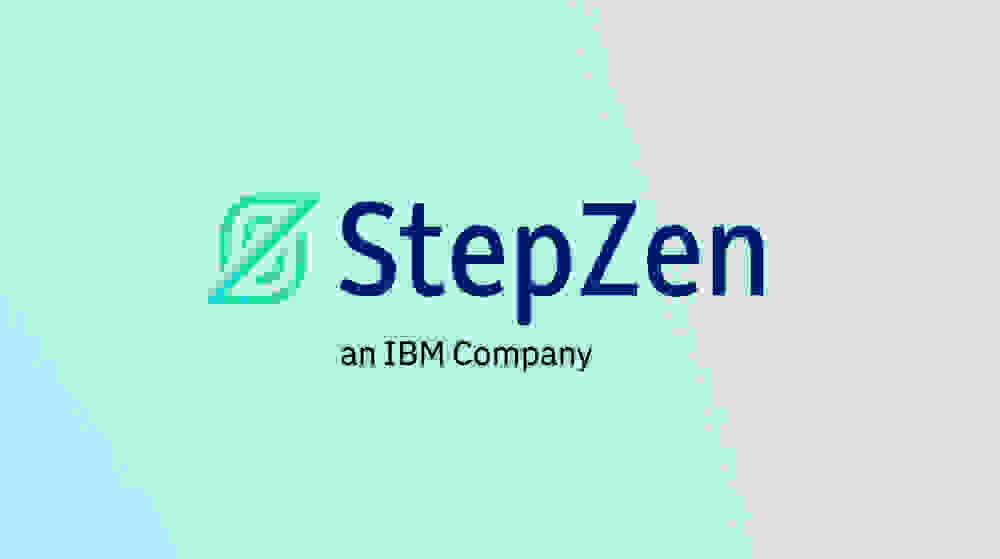
IBM has announced the purchase of the company StepZenan operation that aims to IBM get more API creation and management capabilities. It is unknown what IBM has paid for StepZen, which was founded in 2020 and has raised $8 million in funding to date. StepZen has developed a GraphQL server with an architecture that helps developers build GraphQL APIs quickly, and using less code.
The purchase of the company has already been made effective, since it was closed on February 6. The entire StepZen team will go to work for IBM, and its technologies will become part of its portfolio of products and services. The development team includes several industry veterans, noted for their contributions to database technology. Thus, they have contributed their work to IBM Db2, PostgreSQL and Apache Derby. In addition, they have extensive experience in APIs and cloud implementations at scale.
The increase in data stored in different storage points, from the cloud to local environments, has made it increasingly necessary to have APIs to act as a connector between data sources and the applications that use them. For this reason, companies are creating more and more APIs to be able to obtain and use the data they need. GraphQL has quickly become a suitable query language for companies to interact with their data, and it is establishing itself as a new standard for APIs.
This is because GraphQL overlaps investments in REST APIs and data systems. With a single request, GraphQL can combine data that is in different subsystems, and return it in the desired format. Due to this simplicity, the popularity of GraphQL is growing rapidly. So much so that according to a Gartner report, by 2025 more than 50% of companies will use GraphQL in production, compared to 10% that used it in 2021.
Of course, although the GraphQL APIs are quite simple to use for the teams in charge of creating applications, those in charge of developing these APIs have more complications. Right at this point is where StepZen intervenes, which makes it easier for developers to generate them.
For it, StepZen uses declarative programming, which describes what the program does, without explicitly explaining how. In this way, the code is more intuitive and reduced, it has a better performance in execution time and a faster time to value. Furthermore, it is very flexible, compatible with other API approaches and available as Software as a Service. On the other hand, it supports deployments in local data centers, and in private clouds.



